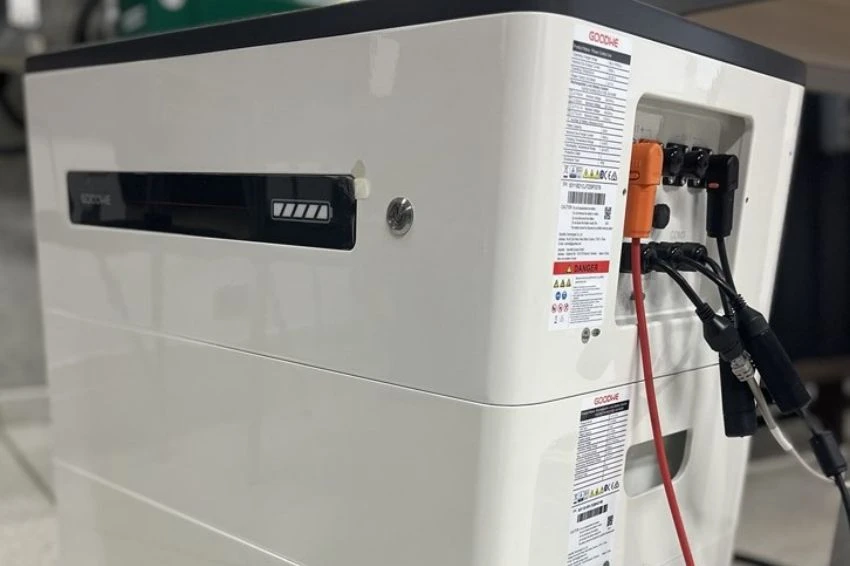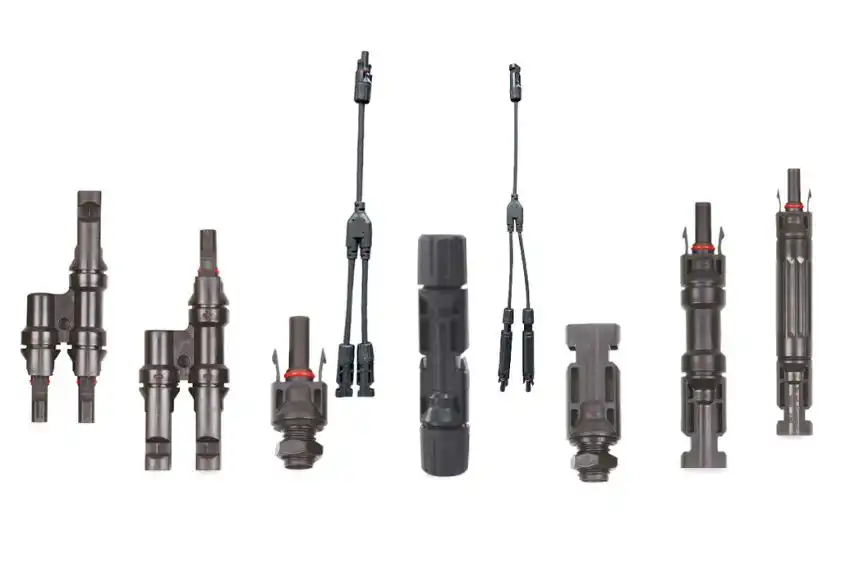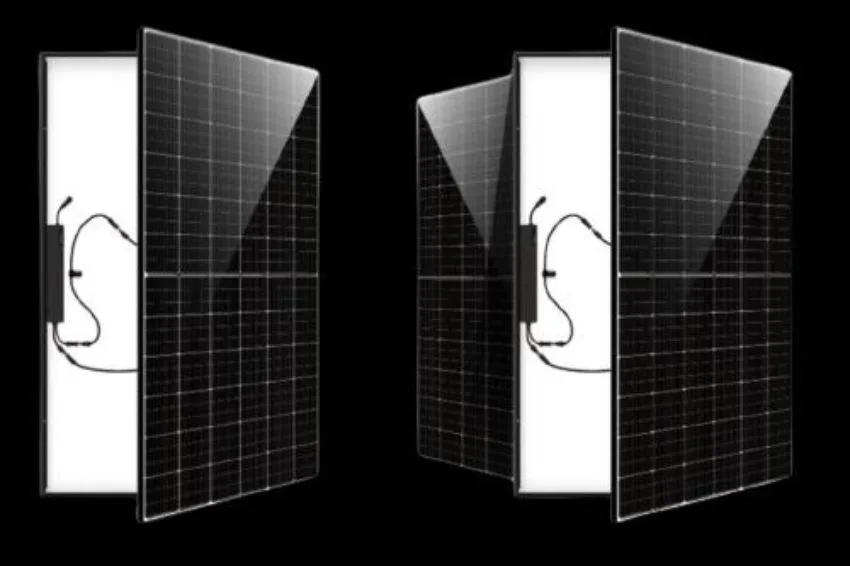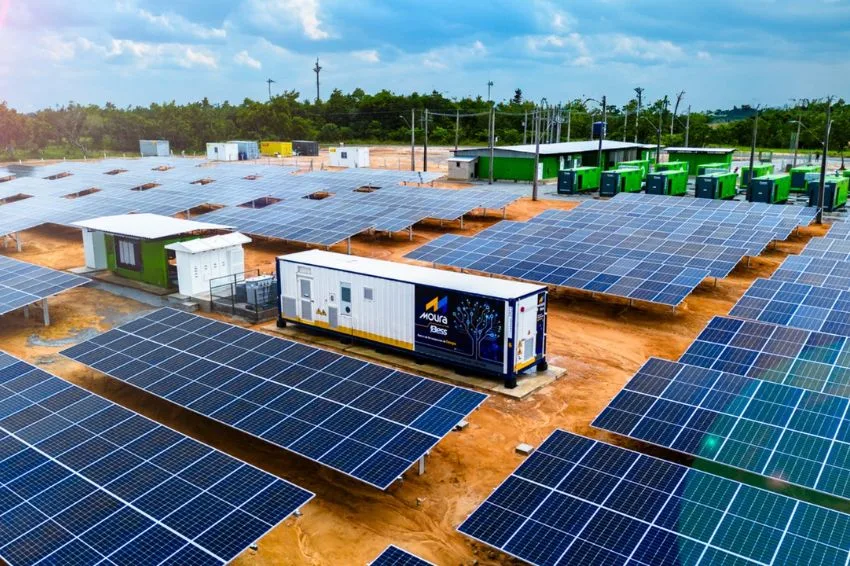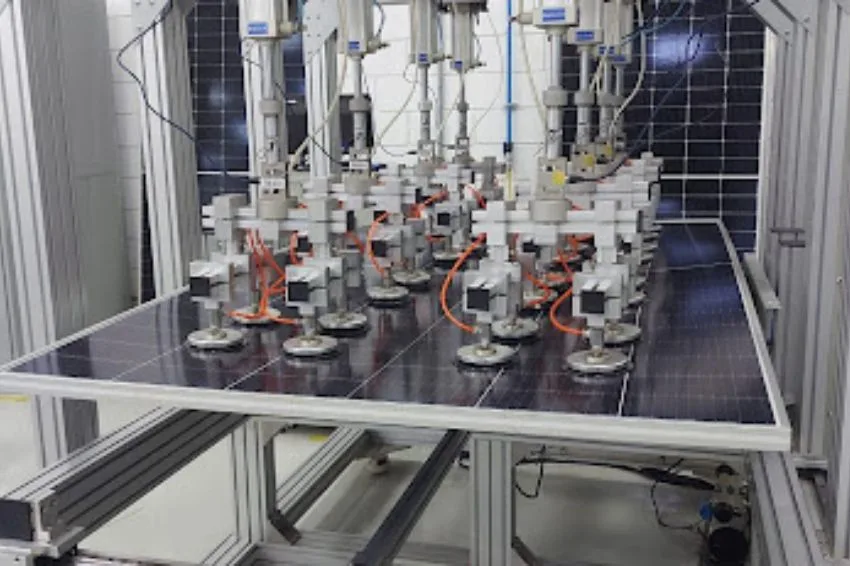In collaboration with Leonardo Balbino
The first quarter of 2021 was marked by government decisions and determinations that corroborate the fulfillment of the electricity sector modernization agenda.
We can prove this statement based on the presidential sanction of Law 14,120/2021, resulting from the conversion of MP 998/2020 and the publication of MP 1,031/2021, which provides for the capitalization of Eletrobras and allows the BNDES (National Bank for Economic Development and Social) begin studies on capitalization modeling.
In this sense, there was also relevant movement with regard to DG (distributed generation).
But it was at the end of last year, in December 2020, that after the pronouncement of the TCU Ruling 3,063/2020 the important CNPE resolution 15/2020, defining the guidelines and policies for GD.
Subsequently, on March 8, 2021, deputy Lafayette de Andrada, Republicans/MG, presented a new base text for PL 5829/19, which aims to establish the GD Legal Framework in Brazil.
In view of the favorable scenario for structural changes in the electricity sector and in order to elucidate the future framework for DG, as well as understand the guidelines that should be adopted in the long-awaited reform of the energy compensation system, we must first observe the structure institutional structure of the Brazilian electricity sector.
Because, only then will we be familiar with the main discussions held to advance the regulation that deals with the DG mechanism. In this sense, we ask: after all, what is the CNPE (National Energy Policy Council) and why did it set the guidelines for DG?
The CNPE has the following functions:
- advise the President of the Republic on the formulation of policies and guidelines for the electric energy sector; It is
- indicate actions to be taken by the federal government with technical assistance from regulatory agencies.
That said, we easily understand why the CNPE was elected to formulate and publish the aforementioned resolution, pointing out all the premises that must be adopted for the evolution of GD in the country. It is up to the CNPE to establish policies and guidelines for the energy sector.
We continually highlight the following institutions that also participate in the structure of the energy sector:
- The MME (Ministry of Mines and Energy): responsible for formulating and ensuring the execution of public policies for the sustainable management of energy and mineral resources, contributing to the country's socioeconomic development;
- O CMSE (Electrical Sector Monitoring Committee): has the function of permanently monitoring and evaluating the continuity and security of the electrical energy supply throughout the national territory;
- A EPE (Energy research company): its purpose is to provide services to the MME in the area of studies and research aimed at supporting the planning of the energy sector, covering electrical energy, oil and natural gas and their derivatives and biofuels;
- ANEEL (National Electric Energy Agency), which is responsible for (i) regulating the generation, transmission, distribution and sale of electrical energy; (ii) inspect, directly or through agreements with state bodies, concessions, permissions and electrical energy services; (iii) implement federal government policies and guidelines relating to the exploration of electrical energy and the use of hydraulic potentials; (iv) establish tariffs; (v) settle differences, at the administrative level, between agents and between these agents and consumers, and (vi) promote the activities of concession grants, permission and authorization of electrical energy projects and services, by delegation from the Federal Government;
- The ONS (National Electric System Operator): responsible for coordinating and controlling the operation of electrical energy generation and transmission facilities in the SIN (National Interconnected System) and for planning the operation of the country's isolated systems, under the supervision and ANEEL regulation, and finally;
- The CCEE (Electric Energy Trading Chamber): acts as an operator of the Brazilian electricity market, focused on enabling a competitive, sustainable and safe trading environment.
Having understood the institutional structure of the Brazilian electricity sector, as well as the functions of the institutions, we highlight the national guidelines for public policies aimed at DG, set out in CNPE resolution 15/2020:
- non-discriminatory consumer access to distributor networks for DG connection purposes;
- legal and regulatory security, with deadlines for maintaining incentives for current consumers who have DG;
- allocation of network usage costs and charges provided for in electricity sector legislation, considering the benefits of DG;
- transparency and predictability in the processes of elaboration, implementation and monitoring of public policy, with the definition of an agenda and deadlines for reviewing the rules for GD; It is
- gradualness in the transition of rules, with the establishment of intermediate stages to improve the rules for GD.
Therefore, regardless of whether there is a reform of REN 482/2012 within the scope of ANEEL or if there is the creation of the GD legal framework in the National Congress, all of the above premises must be observed and implemented for the correct evolution of the Energy Compensation System , regardless of technical position or conceptual divergence on the benefits and impacts of DG in the energy sector.
The point generated debate with ANEEL's recent position released at the meeting with the main associations in the energy sector on the changes to REN ANEEL 482/2012, which in summary is based on the following modifications:
- maintains the rules for installed systems only for a period of 12 years (acquired right);
- applies an alternative (scenario 5) that is more impactful to the DG mechanism;
- does not establish a transition rule; It is
- does not consider the benefits of GD for the system.
Does this ANEEL position essentially comply with the guidelines set by the CNPE? By a literal interpretation, unless the regulatory agency presents the motivation for its position, it is clear that the guidelines are not being observed.
While we now know that the CNPE has the competence to establish the guidelines set out above, we set out to analyze the feasibility of the new base text of PL 5829/19. It is known that the recently presented text was based on the following premises:
- democratization of the use of solar energy in Brazil;
- legal security, clarity and predictability for small and large investors who wish to install alternative energy sources on their properties or companies;
- fully remunerates the TUSD wire B of distributors and concessionaires; It is
- creates a 10-year transition to change the charging regime.
Note below the details regarding the gradual transition of rules prepared by ABGD (Brazilian Association of Distributed Generation):

Contrary to what happens with the interpretation of ANEEL's position, in our assessment the new base text of PL 5829/19 meets the guidelines set out in CNPE resolution 15/2020.
Therefore, we can expect that the DG rules will soon be changed with the preservation of current rules and necessary guarantees so that the existing benefits are gradually reduced, allowing the expansion of the model to continue in the country.





